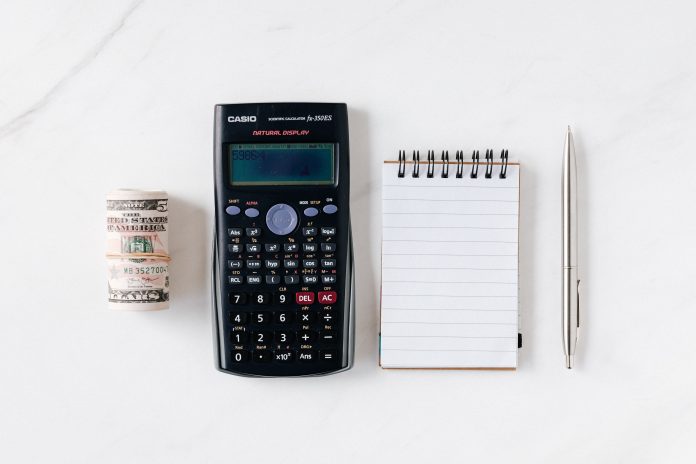
Learning to budget is crucial to surviving in the real world. Budgeting is a process of writing down your income, expenses, and savings and dividing your money accordingly. But how do you stick to a tight budget?
Public school has minimal economic courses that prepare young adults for budgeting. In return, entering adulthood is often stressful and involves a lot of “trial and error”.
Whether you’re just entering your 20s or you’re going on 70, every adult needs to learn to budget. Otherwise, you’ll spend your life learning how to do so.
It is not an overnight learned task. Take a look at these easy tactics for sticking to a tight budget that with time can become healthy habits for your financial spending and savings!
Buy What You Need, NOT What You Want
Believe it or not, gaining this habit can be a huge game changer. It’s easy to go to the grocery store with a list. Yet somehow, you leave after having spent double what you budgeted on items you don’t need. This habit will quickly drain your savings.
When you’re laying out a monthly budget, set aside a designated amount that you’re allowed to spend. Use the rest of your income to cushion your savings so you don’t have to worry so much about money in the future.
Take Time To Think
When you’re considering investing or making a large purchase, take your time. There’s no rush. Weigh out the pros and cons of the purchase for as long as you need.
If the expense you’re considering isn’t a necessity, this time is even more important. You don’t want to waste your money on things you don’t need.
Is it something that will last a long time? Will this purchase change your monthly budget due to potential bills? Is the benefit of buying this worth the cost? These are questions to consider before making the purchase. Once money is spent, it’s often difficult to get back in full so choose wisely.
Buy Off-Brand Items
This is something to keep in mind specifically when grocery shopping. Depending on how much you budget out for groceries and necessities, certain items may be worth buying the off brand for.
Items such as fresh produce and skincare products are worth paying extra for the sake of the quality. However, when it comes to things like toilet paper, nonperishable foods, and laundry detergent, buying off-brands is always cheaper.
If you’re wanting to save some money and stick to a tight budget, go through your grocery list and decide for yourself what needs to be name-brand.
Building New Habits
You’d be surprised by how much easier sticking to a budget would be by applying these financial habits. Budgeting with healthy habits is much easier than it seems. As long as you remain disciplined with your budget, then your savings can increase exponentially without the stress of living paycheck to paycheck.
Budgeting does not mean never spending money on things you want. If anything, budgeting can help you to more consistently be able to do those things in moderation. Prioritize your needs. Whatever you have left, choose to save or spend as much as you want!



















